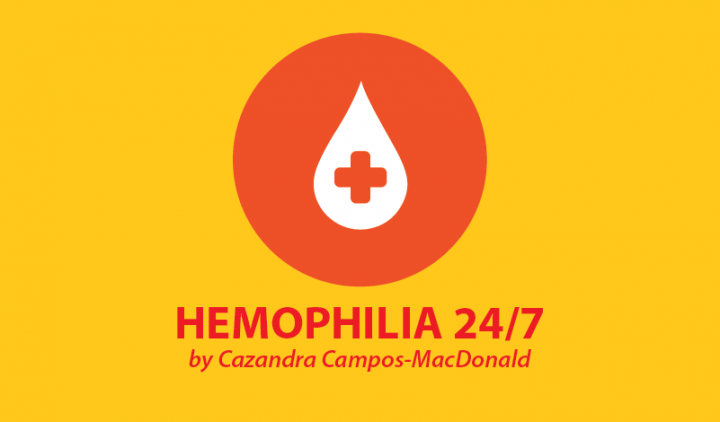Arriving in a New Community Always Requires Adjustment

My son Caeleb is 14 and entering high school this fall. He is at an age in which I, as a parent, do not speak on his behalf in front of him. He is old enough to share his story about his hemophilia diagnosis when he deems it appropriate.
I always ask my two sons if I can share their hemophilia stories, and I never assume it is OK without asking.
We recently moved to a new town, and because my husband and I are both pastors, many have expressed quite a bit of interest in Caeleb, the pastors’ kid. My husband and I are leading new congregations, which generates great interest in our family. But as we meet new people, it is difficult to talk about our family without hemophilia coming up in conversation.
It is important for people to know about Caeleb’s bleeding disorder, but he is at the age in which he is able to disclose his own information. How do I know where to draw the line? What is too much to share?
Entering a new community is tricky because part of me wants to make sure people know about Caeleb’s history with hemophilia, while another knows it’s important to let him use his own voice. I have never treated hemophilia as a family secret. It’s something I always encourage my sons to share with their closest friends, in case there is an emergency and I am not around to help. That is necessary for their safety.
But most people will never know that Caeleb endured weeks of bleeding into his joints, which led to lengthy hospital stays and numerous missed school days and events. They will not understand why he can’t ride his bike for long periods or that running is difficult.
I want people to know that Caeleb is not lazy, he just has problems that limit his physicality. What will people think when they see him occasionally using a cane? Will they understand?
My youngest son is growing up, and I must let him navigate a new community on his own. While I can’t be there to fight off bullies or pave the way with explanations about difficult things to help my son settle into his new surroundings, I will be a steady voice of encouragement that never wavers when he sets out each day to experience a world filled with possibilities.
I hope the lessons I taught him along the way are ingrained in his mind. He is so much more than his bleeding disorder. I’m not sure he realizes that, and I simply want the world to see him beyond his bleeding disorder.
***
Note: Hemophilia News Today is strictly a news and information website about the disease. It does not provide medical advice, diagnosis, or treatment. This content is not intended to be a substitute for professional medical advice, diagnosis, or treatment. Always seek the advice of your physician or another qualified health provider with any questions you may have regarding a medical condition. Never disregard professional medical advice or delay in seeking it because of something you have read on this website. The opinions expressed in this column are not those of Hemophilia News Today or its parent company, BioNews Services, and are intended to spark discussion about issues pertaining to hemophilia.







Comments